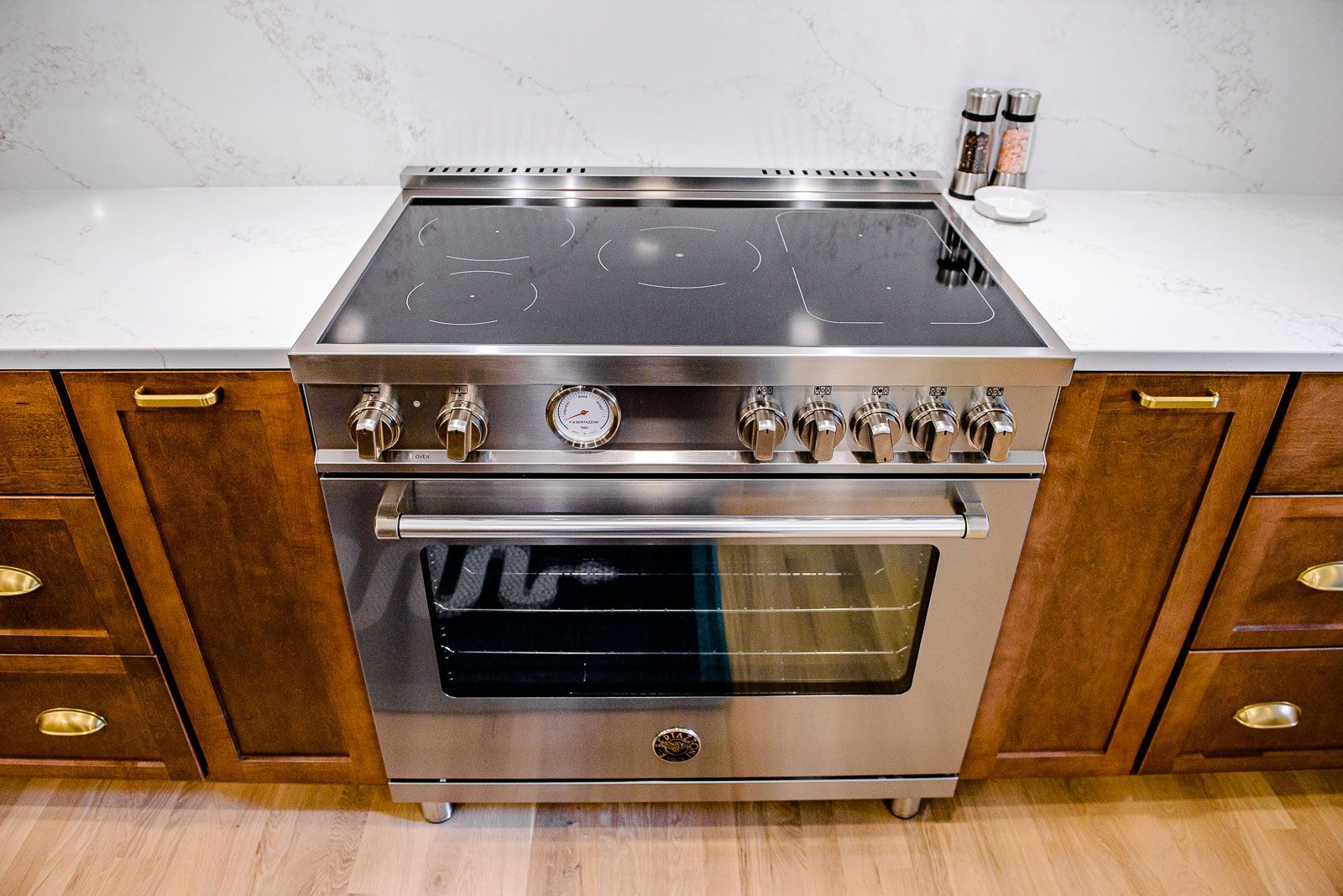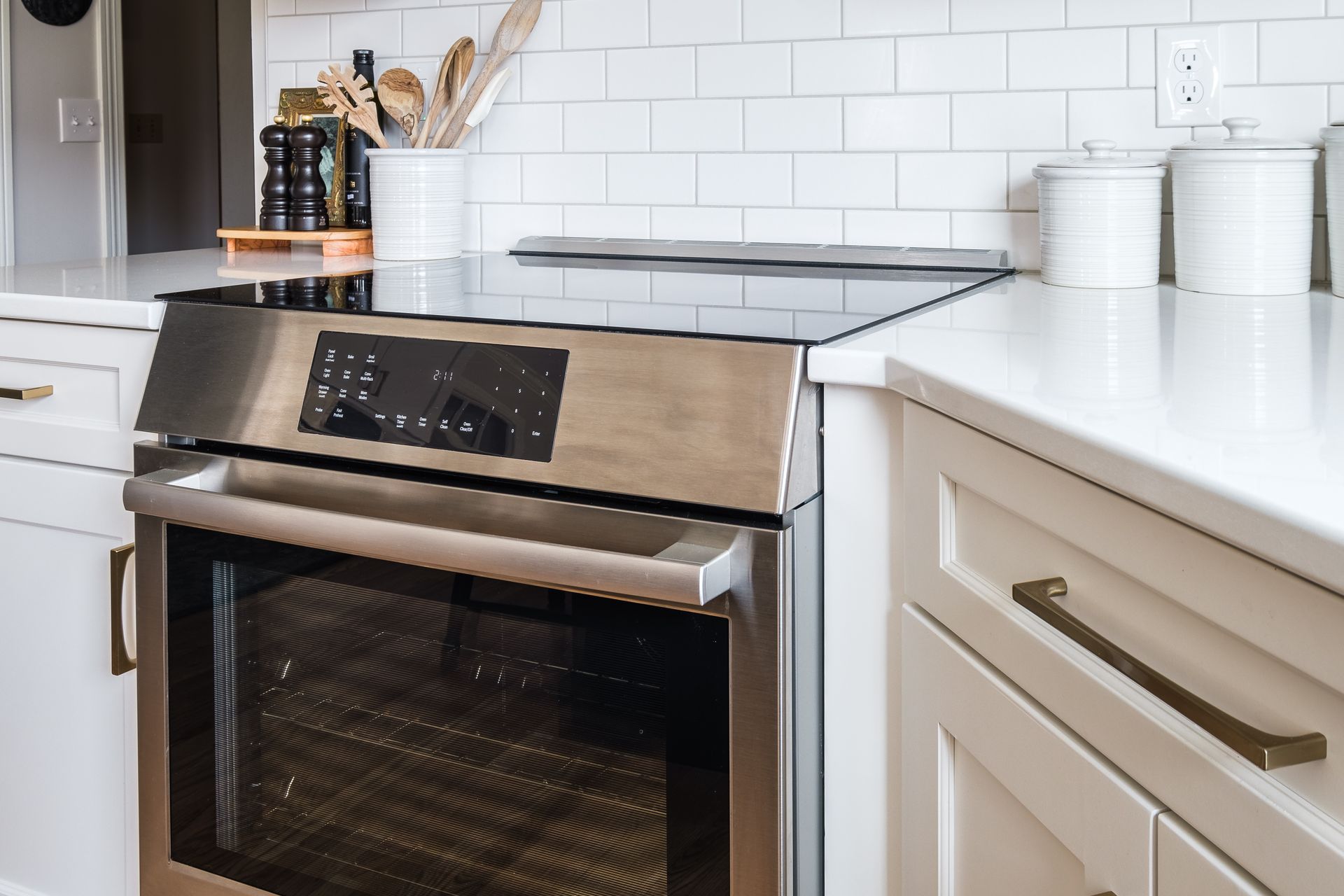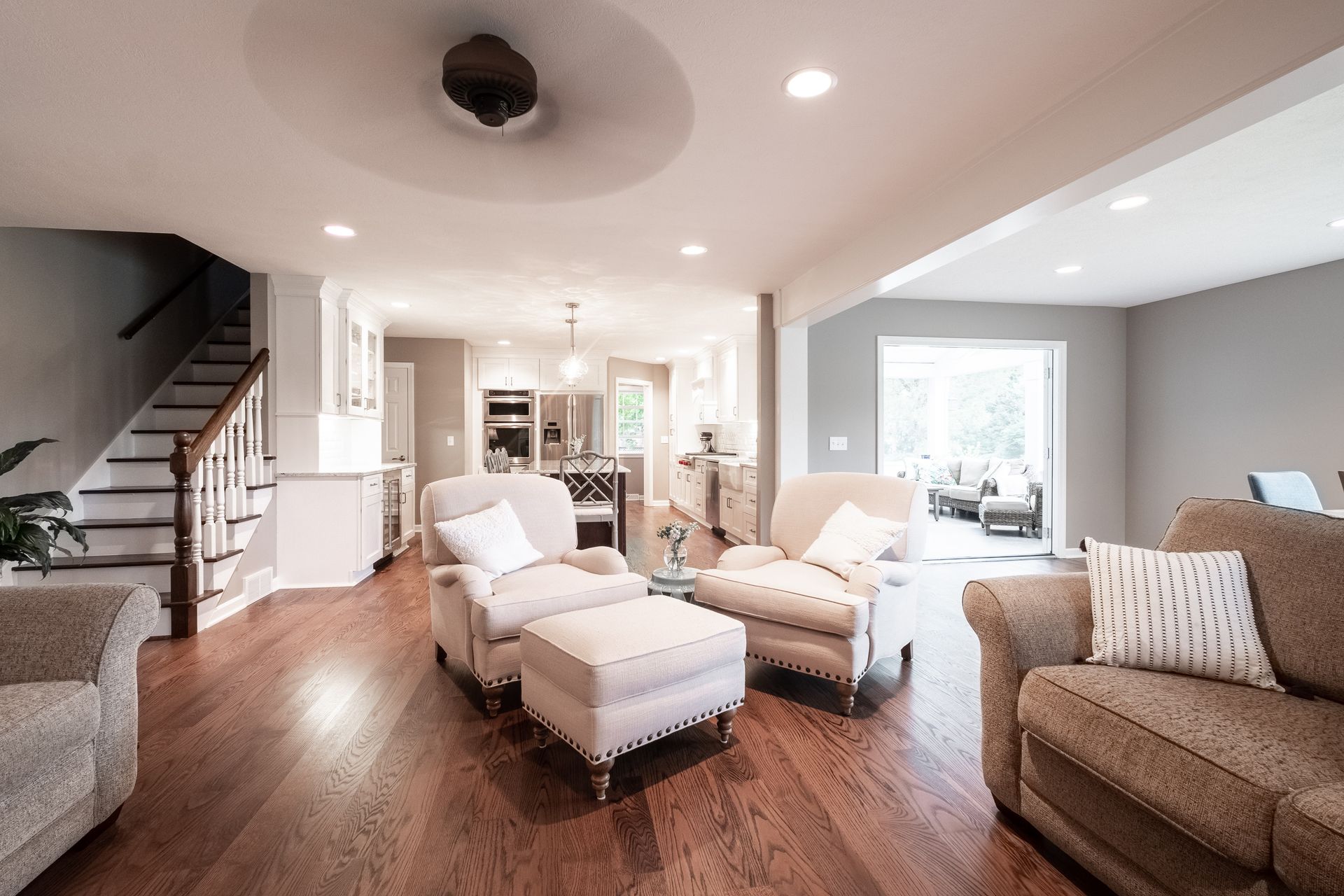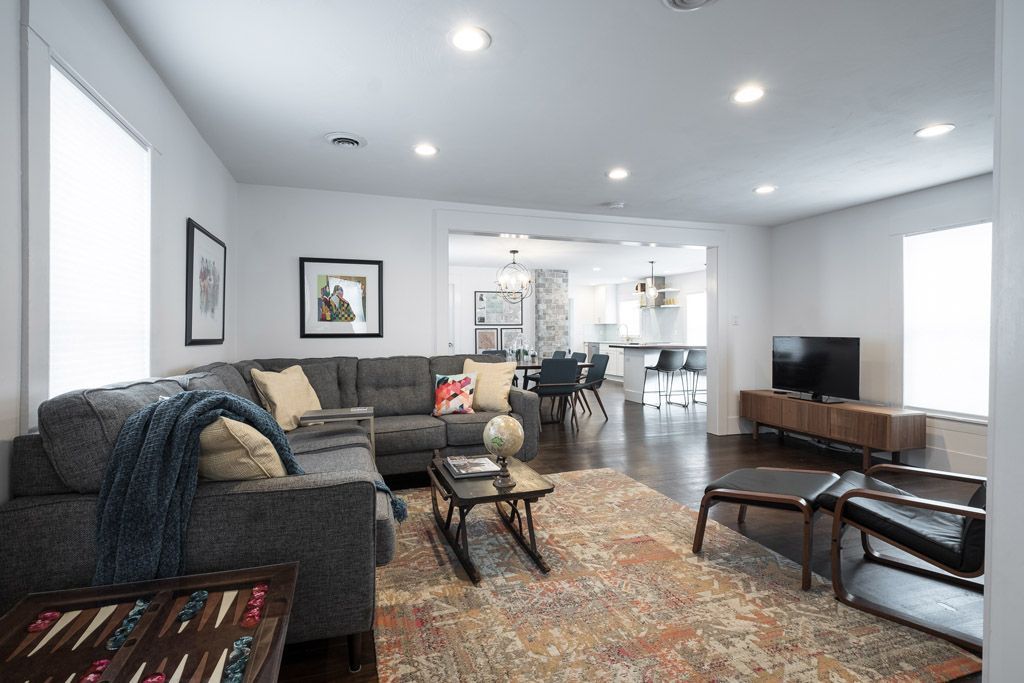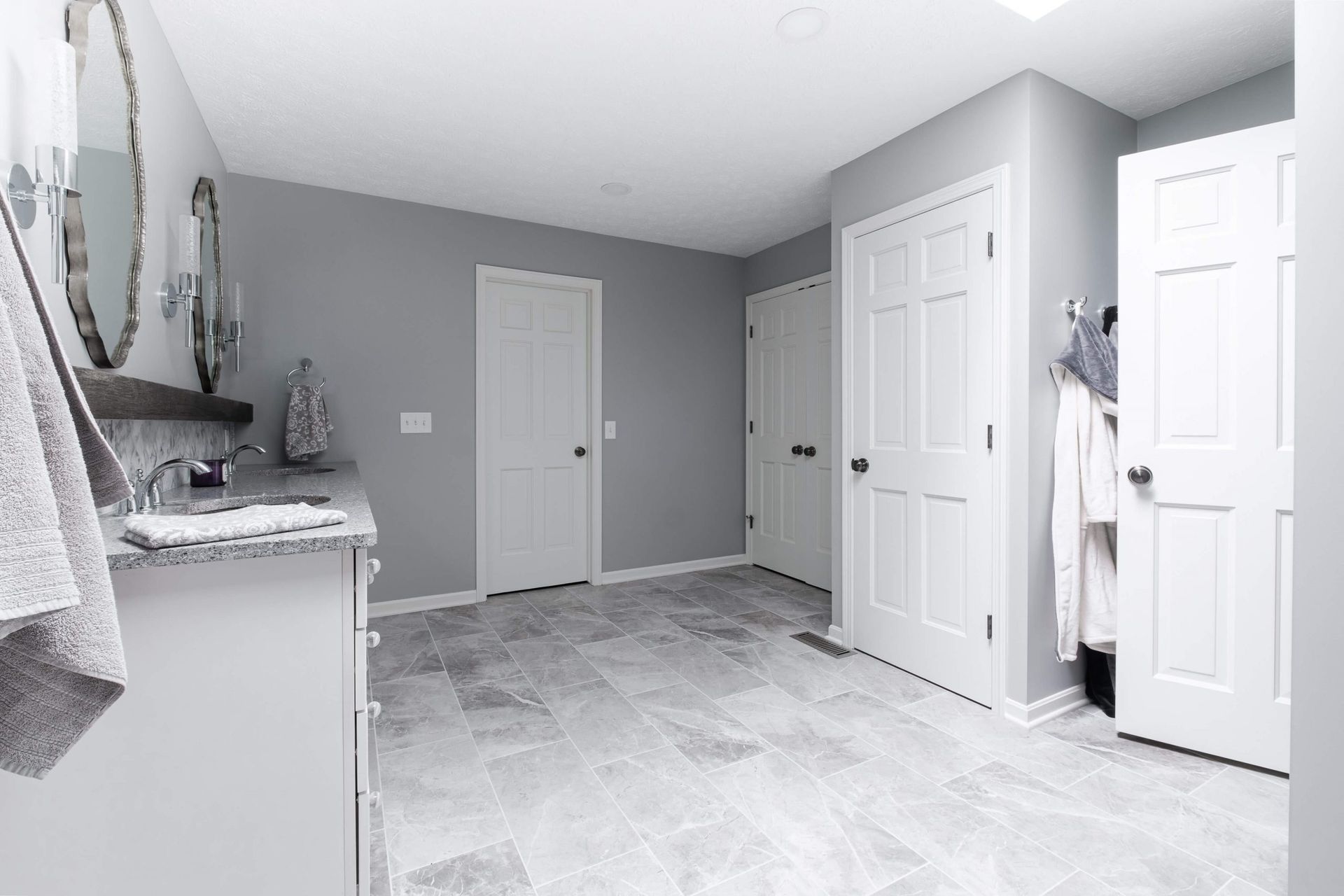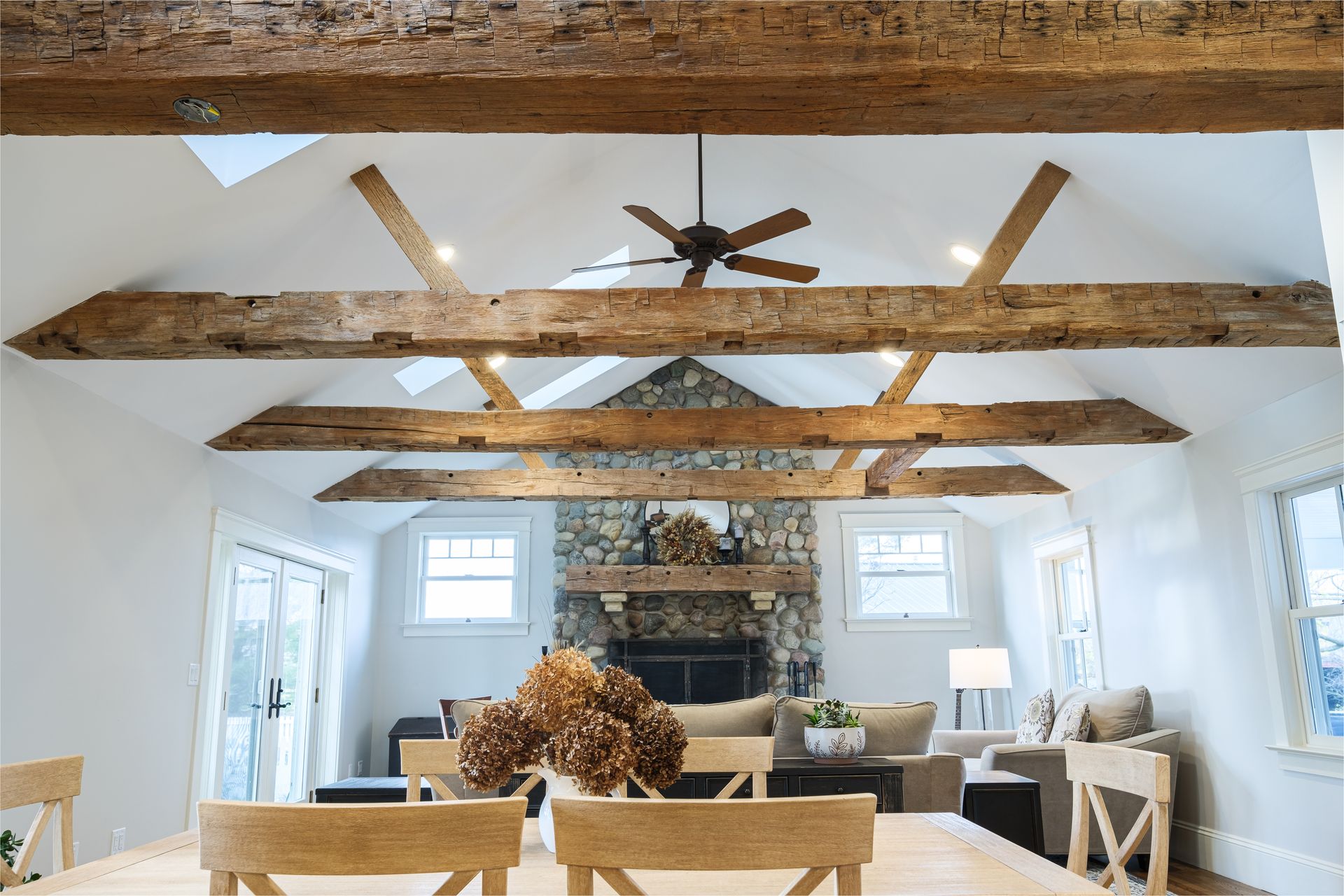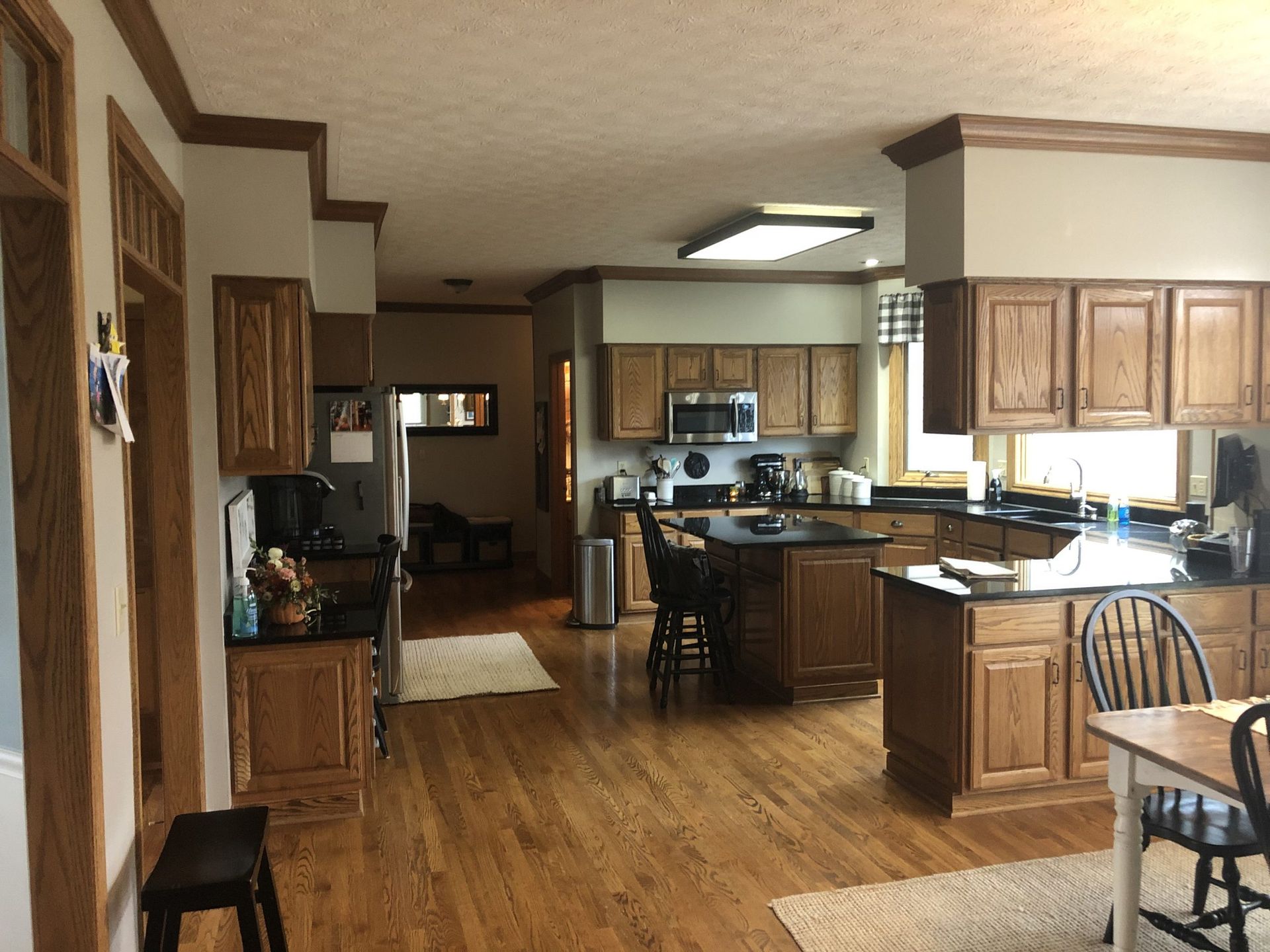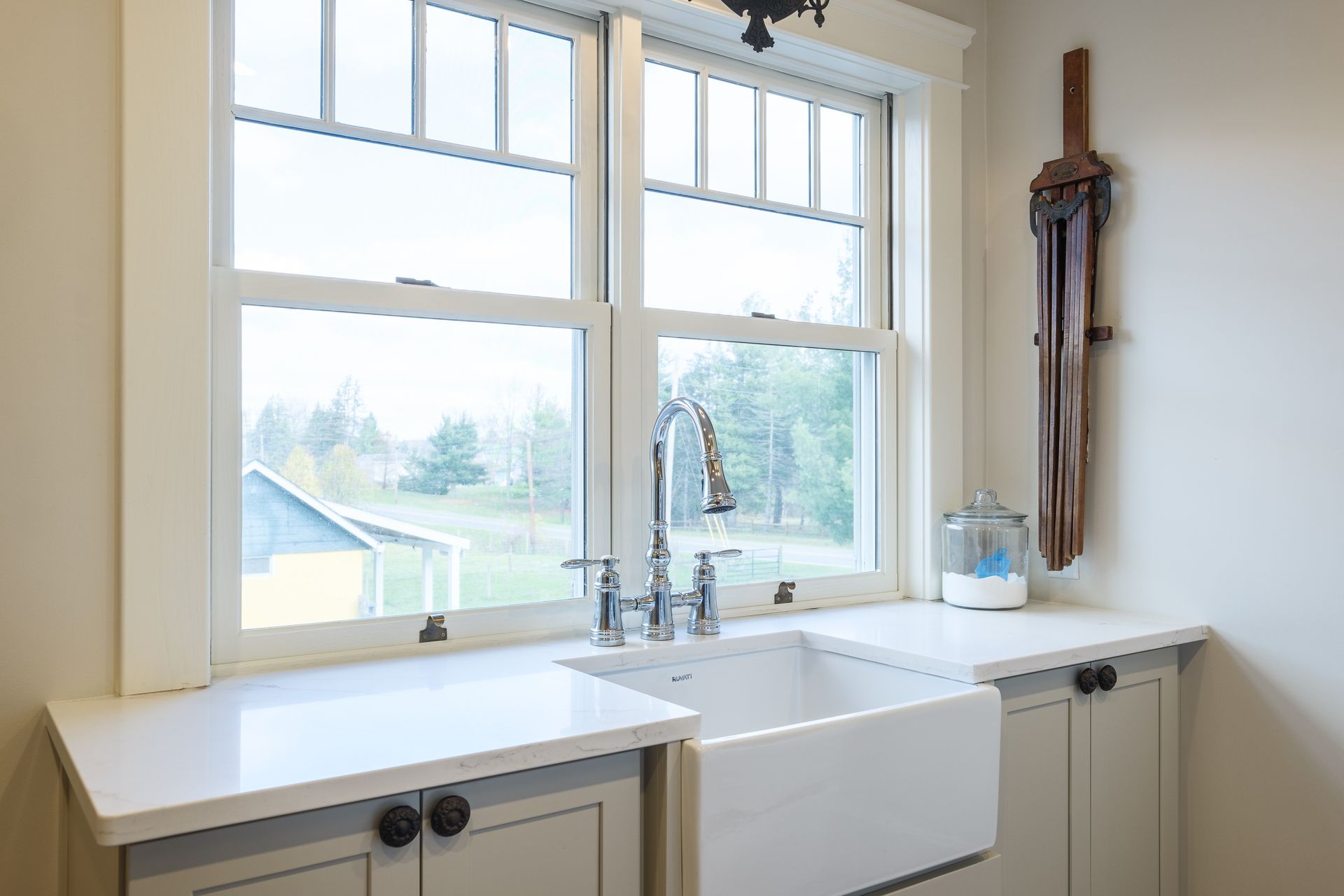Gas Stovetops: The Classic Choice
Gas stovetops have long been a favorite among professional chefs and cooking enthusiasts. Here's why they might be the right fit for your kitchen:
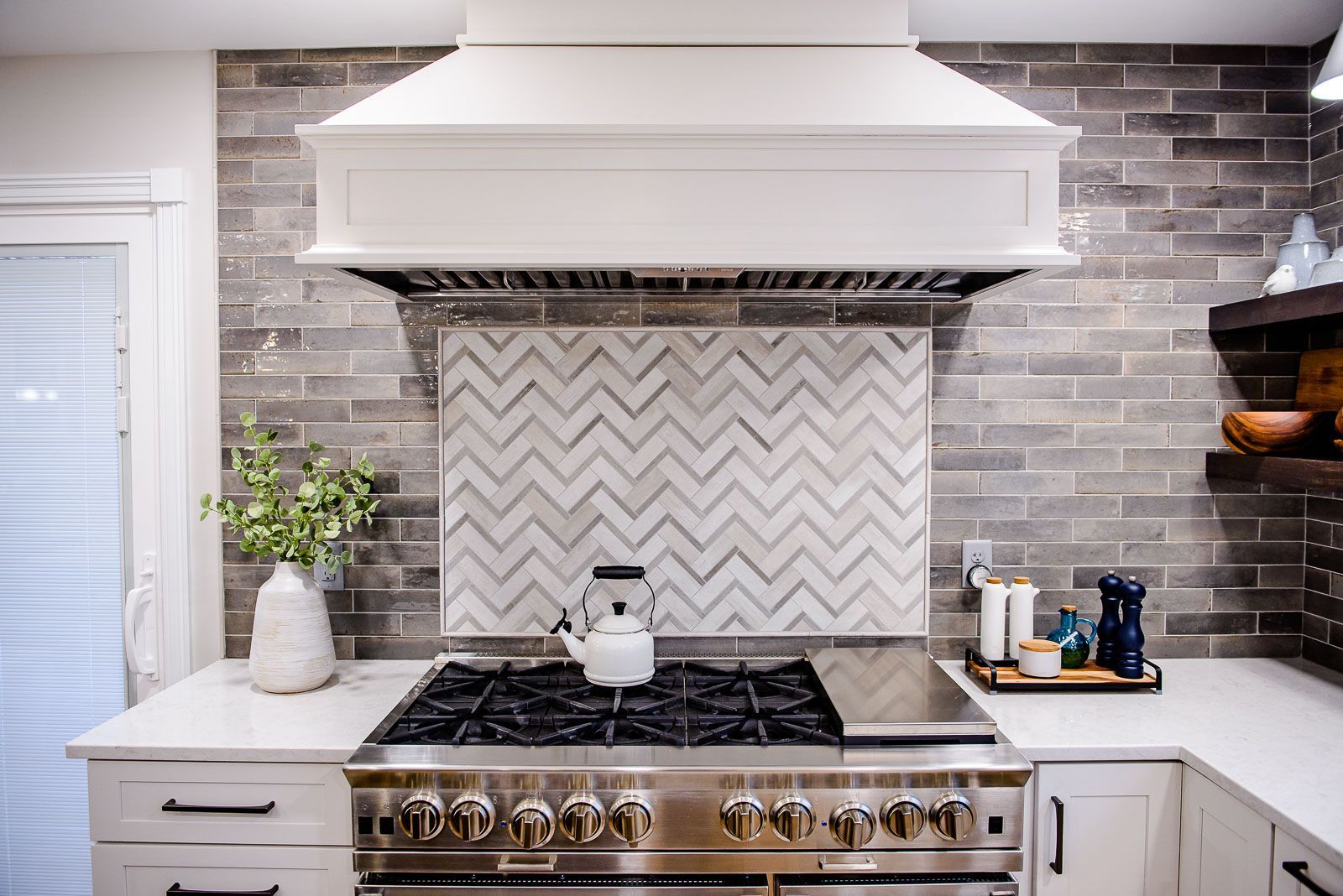
Pros of Gas Stovetops
- Instant Heat and Precise Control: Gas burners provide immediate heat, and adjusting the flame gives you real-time control over the temperature. This makes gas ideal for techniques like searing, sautéing, or simmering.
- Versatility with Cookware: Gas stovetops work with almost any type of cookware, from cast iron to stainless steel, without requiring flat-bottomed pans.
- Lower Operating Costs: In many regions, natural gas is cheaper than electricity, which can save you money over time, especially if you cook frequently.
- Reliable During Power Outages: If you live in an area prone to power outages, a gas stovetop can still function, provided you have a way to light it (like a match or lighter).
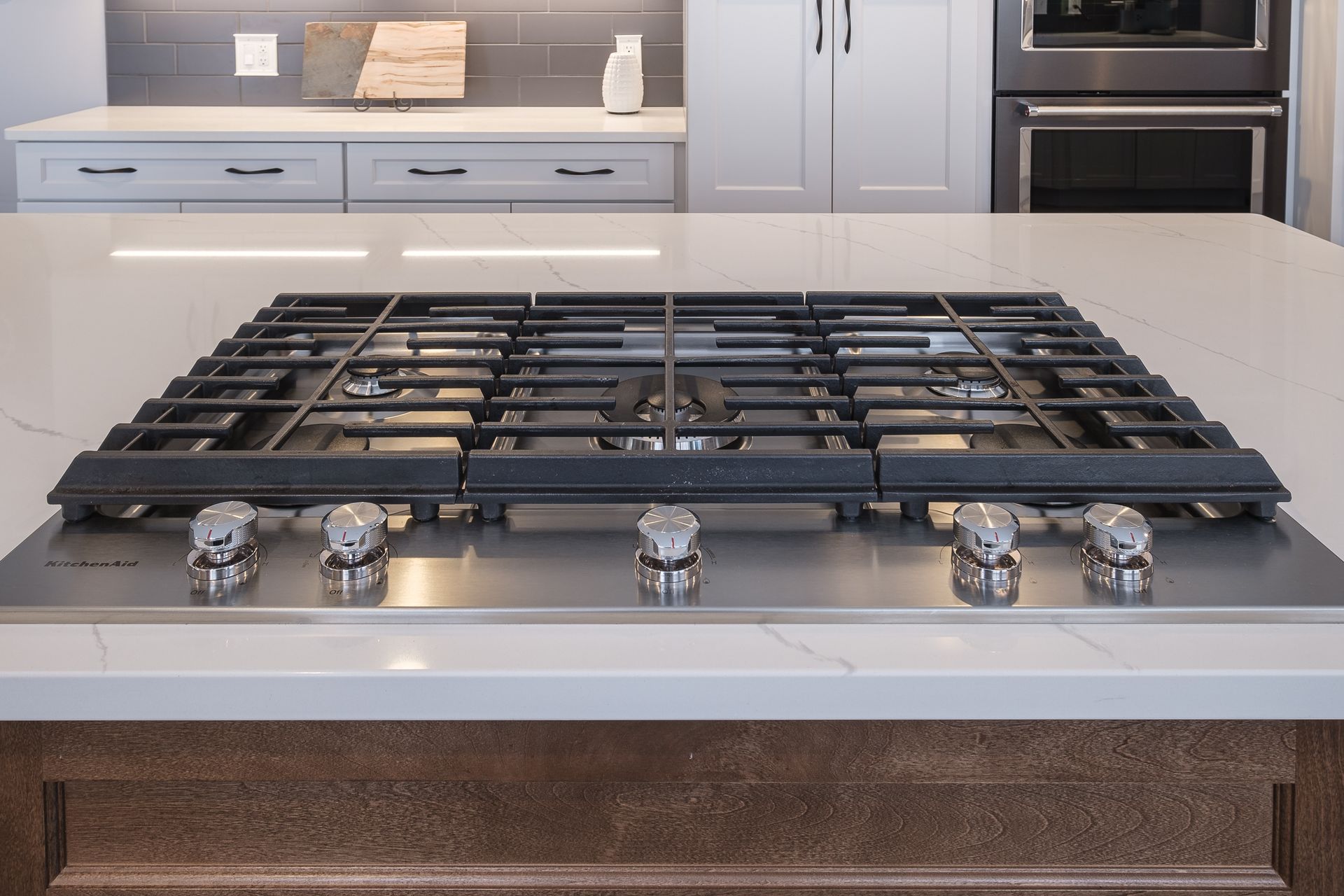
Cons of Gas Stovetops
- Installation and Maintenance: Gas stovetops require a gas line, which may not be available in all homes, leading to potentially costly installation. Regular maintenance is also needed to ensure safety, like checking for gas leaks.
- Indoor Air Quality Concerns: Burning gas releases small amounts of pollutants like nitrogen dioxide, which can impact indoor air quality, especially in poorly ventilated kitchens.
- Cleaning Challenges: Gas burners and grates can be trickier to clean due to their design, with food and grease often getting stuck in crevices.
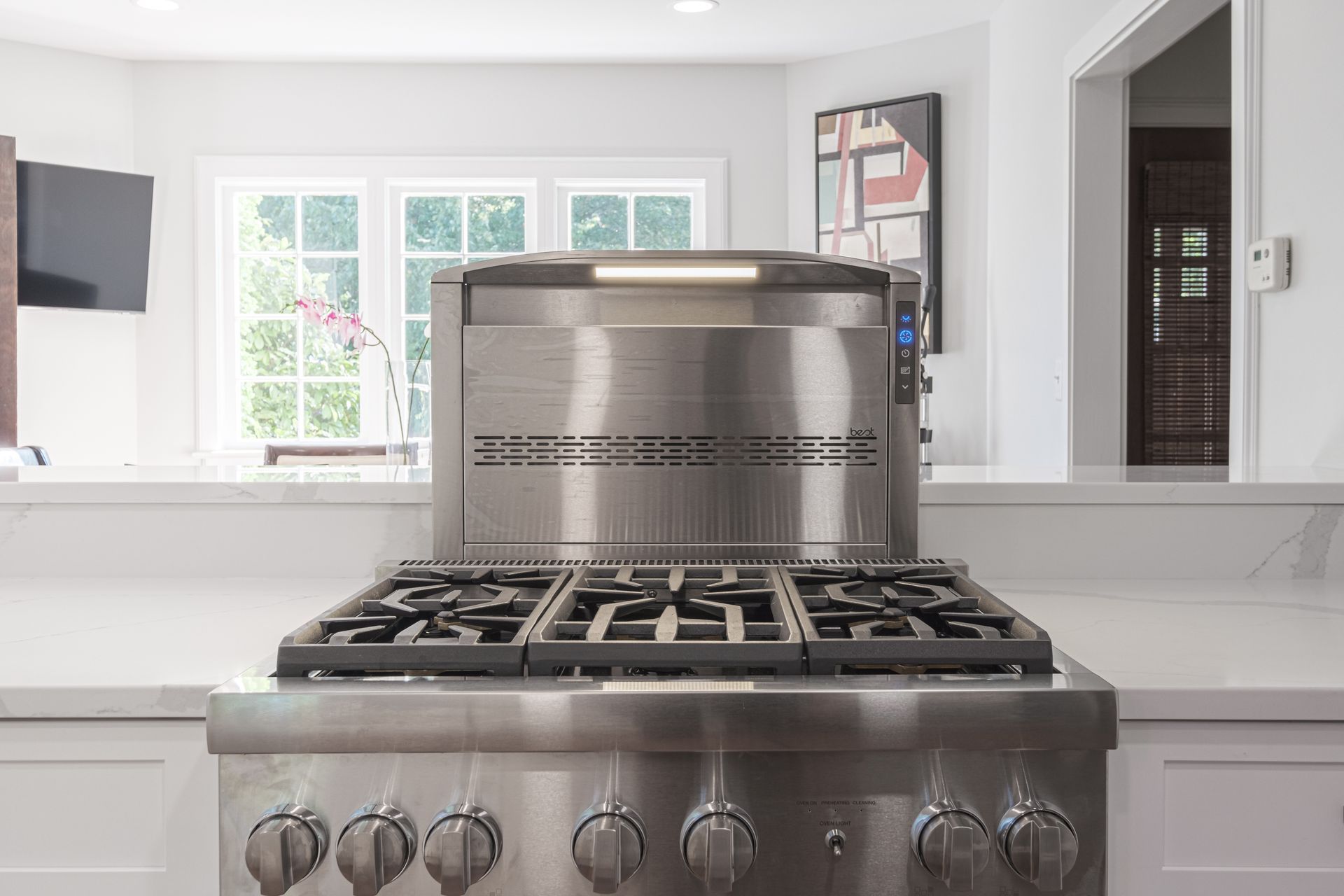
Electric Stovetops: The Modern Contender
Electric stovetops, whether coil or smooth-top (ceramic/glass), have gained popularity for their sleek designs and ease of use. Here’s what you need to know:
Pros of Electric Stovetops
- Easy to Clean: Smooth-top electric stovetops have a flat surface, making them a breeze to wipe down compared to gas stovetops with multiple components.
- Consistent Heat: Electric stovetops provide steady, even heat, which is great for tasks like slow cooking or baking where precise temperature maintenance is key.
- Safer Operation: Without an open flame or gas, electric stovetops eliminate the risk of gas leaks and are generally considered safer, especially in households with children.
- Wider Availability: Electric stovetops don’t require a gas line, making them a practical choice for apartments or homes without gas infrastructure.
Cons of Electric Stovetops
- Slower Response Time: Electric burners take longer to heat up and cool down, which can be frustrating for cooks who need quick temperature adjustments.
- Cookware Limitations: Smooth-top electric stovetops require flat-bottomed cookware for optimal heat transfer, limiting your options compared to gas.
- Higher Operating Costs: Electricity is often more expensive than gas, which can add up if you cook a lot.
- Power Dependency: Electric stovetops are useless during power outages, which could be a drawback in areas with unreliable electricity.
Key Considerations for Your Decision
When choosing between gas and electric stovetops, consider the following factors:
- Cooking Style: If you love high-heat cooking or need precise control (e.g., for stir-frying or delicate sauces), gas is often preferred. For consistent, low-and-slow cooking, electric might be better.
- Kitchen Setup: Check if your home has a gas line. If not, installing one can be expensive. Electric stovetops are easier to integrate in most homes.
- Budget: Gas stovetops may have lower operating costs but higher upfront installation costs if a gas line isn’t already in place. Electric stovetops are often cheaper to install but may cost more to run.
- Environmental Impact: Gas stovetops rely on fossil fuels, while electric stovetops can be powered by renewable energy sources, depending on your electricity provider.
- Safety and Ventilation: If you have a small kitchen with limited ventilation, electric stovetops might be a safer choice to avoid indoor air quality issues.
The Verdict
There’s no one-size-fits-all answer when it comes to gas vs. electric stovetops. Gas stovetops offer unmatched control and are favored by those who prioritize performance and flexibility. Electric stovetops shine for their ease of use, safety, and modern aesthetics. Ultimately, your choice depends on your cooking habits, kitchen setup, and personal preferences.
If you're still on the fence, let us help. Our professional designers and project developers can talk through these kinds of details and, together, we can plan, design and build the kitchen that truly meets all of your expectations. Reach out to
Anthony Slabaugh Remodeling & Design today.
Anthony Slabaugh
President

Anthony Slabaugh
R E M O D E L I N G & D E S I G N
Craftsmen with Integrity

